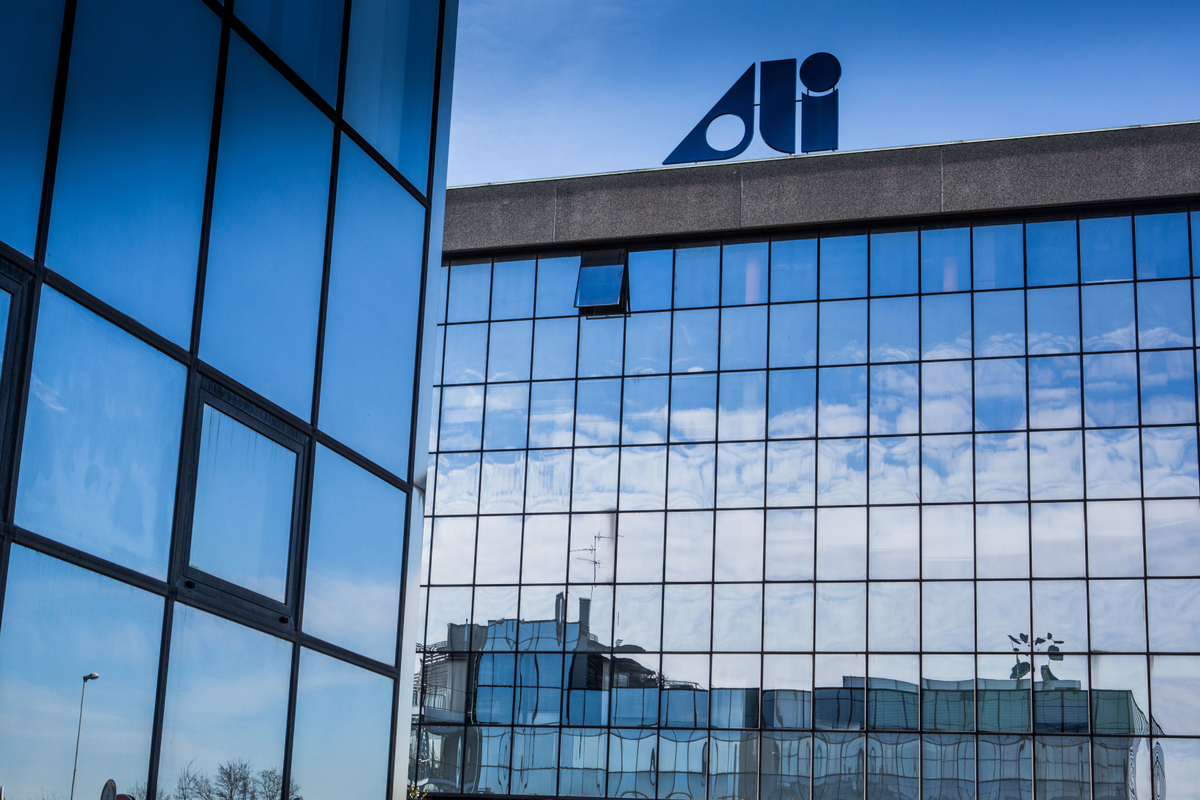Budget: service support sector 'totally overlooked'
Following the announcements made in chancellor Rishi Sunak’s Budget yesterday, hospitality trade associations the Foodservice Equipment Association (FEA) and Textile Services Association (TSA) have continued to call for more support.
The FEA, representing nearly 200 companies who supply, service and maintain all types of commercial catering equipment, has warned that not enough is being done in terms of a growth strategy for hospitality and especially the supply chain on which the industry relies.
Steve Hobbs, chair of FEA, said: “We welcome the support the government is giving – they’ve accepted at least some of the recommendations we and our collaborators, such as UKHospitality and the TSA, have been pushing. However, what’s needed is a growth strategy that will do more to rebuild the foodservice industry and its supply chain as we embark on the recovery.”
David Stevens, chief executive of the TSA, (pictured below) said: “Of course it’s good that the furlough scheme has been extended to September and we’re happy that the chancellor has also announced a new recovery loan scheme. The investment incentives are a definite plus so there are some positives.

“Having said that, we’re very disappointed that the chancellor didn’t see fit to expand the recovery net. Commercial laundries are still in this enormous black hole outside of the government’s support bubble. We aren’t eligible for business rates relief or for recovery grants, VAT reductions and so the list goes on. We will see minimum wages increase at a time when we will be struggling to pay any wages.
“Yet again the service support sector has been totally overlooked despite being part of and dependent on the hospitality industry who have been receiving support throughout the pandemic – it’s simply not fair. This is not a good budget for our industry.”
The TSA, which has been calling for support from the beginning of the pandemic, employs 24,000 people and says these jobs are in real jeopardy.
The FEA is recommending that the chancellor’s strategy will need to include investment and incentives to generate new jobs in the hospitality supply chain; tax breaks to encourage specific critical areas such as energy efficiency; investment development in the hospitality industry and additional investment in training.



















